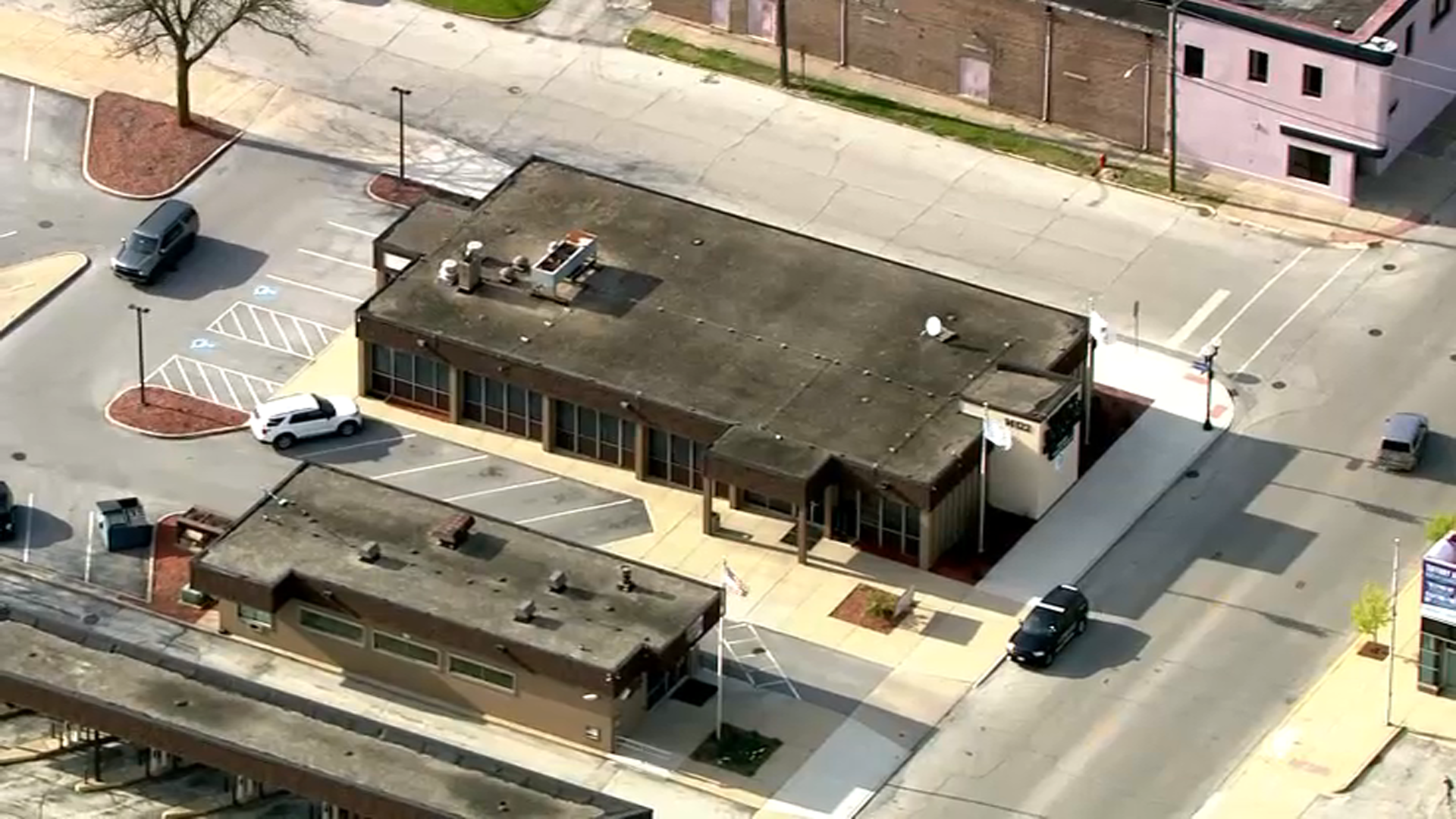Note: Dr. Allison Arwady's news conference can be watched live in the video player above beginning at around 1 p.m. CST.
Chicago's top health official is expected to deliver an update to the city's emergency travel order requiring anyone entering the city from dozens of states to quarantine for 14 days. That update will likely include changes to the order itself, city officials said last week.
Chicago Department of Public Health Commissioner Dr. Allison Arwady is scheduled to give the update in a news conference at 1 p.m. from City Hall.
With both Chicago's and Illinois' coronavirus cases soaring to to record levels not even seen during the pandemic's peak in the spring, questions have surfaced over whether the travel order, which requires a quarantine for travelers from certain states, remains effective.
Data last week showed Chicago alone was averaging 59.7 new cases each day for every 100,000 residents, nearly four times the limit the city has set for states to be added to its emergency order.
"We are very much aware of what the percent positivity is and other expansion of cases in states, certainly in our surrounding area, and across the country," Arwady said Thursday during a coronavirus briefing in the city. "So we are looking at what makes the most sense and we'll make an announcement about that soon."
Local
Arwady said the city would be announcing "adjustments to the travel order" sometime this week, but declined to offer specifics on what those changes would entail, saying only "it will still be a travel order."
"We look at our neighbors, like Wisconsin is really, really struggling. Indiana is struggling- it was struggling the whole time because apparently their governor doesn't believe that COVID-19 exists," Chicago Mayor Lori Lightfoot said. "So the reality is, is that this is... we're seeing cases really explode in almost every region of the country. And unfortunately the Midwest is leading that. And so as Dr. Arwady already said, we look at these statistics and what we're seeing both in Chicago, the surrounding area in the Midwest, and across the country, every, single day - and as she said, we will be announcing some adjustments."
The travel order currently covers 32 states and territories: Alabama, Alaska, Arkansas, Colorado, Delaware, Florida, Idaho, Indiana, Iowa, Kansas, Kentucky, Minnesota, Mississippi, Missouri, Montana, Nebraska, Nevada, New Mexico, North Carolina, North Dakota, Ohio, Oklahoma, Puerto Rico, Rhode Island, South Carolina, South Dakota, Tennessee, Texas, Utah, West Virginia, Wisconsin and Wyoming.
Travelers entering or returning to Chicago from "states experiencing a surge in new COVID-19 cases" will need to quarantine "for a 14-day period from the time of last contact within the identified state" under the order, Chicago Department of Public Health Commissioner Dr. Allison Arwady says. Essential workers could be exempt from the quarantine requirement, however, as long as their employer certifies their work in writing.
States are added to the list if they have "a case rate greater than 15 new COVID-19 cases per 100,000 resident population, per day, over a 7-day rolling average." If they fall below that threshold, they could be removed as well.
Chicago's travel order, which began on July 6, is evaluated every Tuesday, with any additions taking effect the following Friday. The order was not updated this week, however, due to the election, officials said.
Health officials in both the city and across the state have been discouraging unnecessary travel as the pandemic enters a "second surge."
"Let's be clear, travel will increase your chances of contracting and spreading COVID-19," Illinois Department of Public Health Director Dr. Ngozi Ezike said.
Ezike said that travel might be necessary at times, but those who do travel, should take necessary precautions.
"Consider how you're going to travel or your mode of transportation," she said. "Obviously, when you fly, there are security lines as you go through the airport terminals. Think about a flight with layovers where it may be cheaper, but obviously that will pose more risks than a direct flight. Traveling by bus or train versus taking your own vehicle- obviously taking your own vehicle if that's an option would be safer. Traveling by bus or train, you might not be able to maintain 6 feet of distance and sometimes that will be for extended periods of time during the journey. If you are driving your own personal car, think about planning out how you will do the stops for gas for food for bathroom breaks, think about hand sanitizer and washing your hands frequently."



